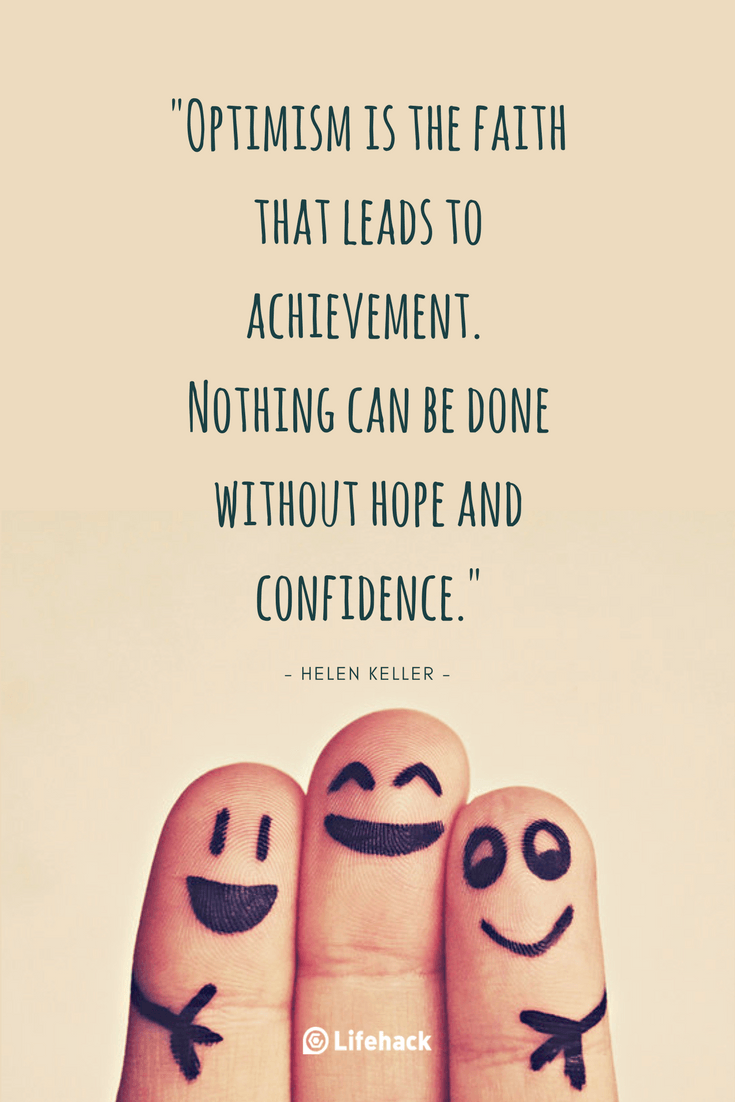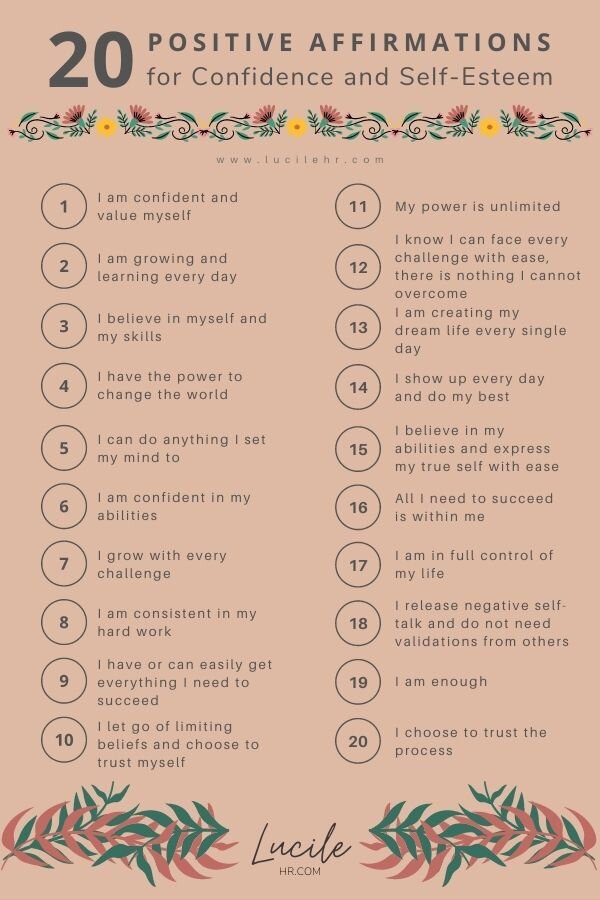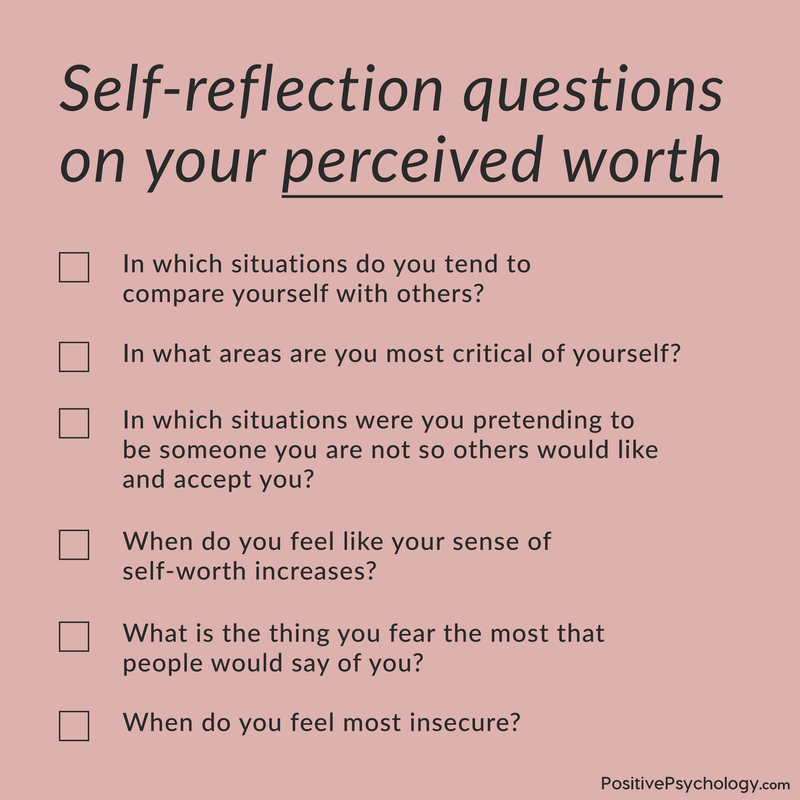Positive Words To Boost Self Esteem

In a world often saturated with negativity, the simple act of choosing affirmative language can be a powerful tool for cultivating self-esteem. Research increasingly demonstrates the profound impact of positive words on our mental well-being and self-perception. It's a subtle yet effective technique, capable of reshaping our internal narrative and fostering a more resilient and confident self.
The power of positive self-talk stems from the brain's inherent plasticity, its ability to adapt and rewire itself based on experiences and thought patterns. This article explores the science-backed strategies for leveraging positive language to enhance self-esteem, examining specific word choices and their potential impact on psychological well-being. We'll delve into practical applications and explore the perspectives of experts in psychology and self-development.
The Science Behind Affirmations
Neuroscience offers insights into how positive words can literally change our brains. Studies using fMRI technology have shown that affirmations activate areas of the brain associated with reward and positive emotion. Repeatedly using positive affirmations can strengthen these neural pathways, making positive thoughts and feelings more readily accessible.
According to a study published in the journal Social Cognitive and Affective Neuroscience, self-affirmation can reduce activity in the brain's default mode network (DMN), which is associated with self-criticism and negative ruminations. By consciously choosing positive words, we can disrupt these negative thought patterns and cultivate a more optimistic outlook.
Specific Words and Their Impact
Words of Empowerment
Certain words carry inherent power and can significantly boost self-esteem. Terms like "capable," "strong," and "resilient" evoke feelings of competence and inner strength. These words remind us of our inherent ability to overcome challenges and achieve our goals.
Professor Barbara Fredrickson, a leading researcher in positive psychology at the University of North Carolina at Chapel Hill, emphasizes the importance of cultivating positive emotions. She notes that words of empowerment can trigger these emotions, expanding our awareness and fostering a sense of possibility.
Words of Self-Compassion
Self-compassion is a crucial component of self-esteem, and language plays a vital role in fostering it. Words like "kind," "forgiving," and "understanding" remind us to treat ourselves with the same care and empathy we would offer a friend.
Dr. Kristin Neff, a pioneer in self-compassion research, advocates for using gentle and supportive language when dealing with difficult emotions. She argues that self-criticism only exacerbates negative feelings, while self-compassion promotes healing and resilience.
Words of Gratitude
Expressing gratitude is a powerful way to shift our focus from what we lack to what we have. Words like "thankful," "grateful," and "appreciate" can cultivate feelings of contentment and satisfaction.
Research consistently shows that practicing gratitude is associated with increased happiness, improved mental health, and stronger relationships. A simple daily practice of acknowledging things we are thankful for can have a profound impact on our overall well-being.
Practical Applications and Considerations
Incorporating positive words into our daily lives can be a simple yet transformative practice. Start by identifying negative thought patterns and consciously replacing them with positive affirmations. Write down these affirmations and repeat them regularly, especially during times of stress or self-doubt.
It’s important to choose affirmations that feel authentic and believable. Forcing ourselves to say things we don't truly believe can be counterproductive. Instead, focus on affirmations that resonate with your values and aspirations.
"The words we use become the house we live in." - Hafiz, Persian Poet
While positive language is a powerful tool, it's not a substitute for addressing underlying mental health issues. If you are struggling with low self-esteem or other mental health concerns, it's important to seek professional help.
The Future of Positive Language and Self-Esteem
As research continues to uncover the intricate connection between language and the brain, we can expect to see even more sophisticated strategies for leveraging positive words to enhance self-esteem and overall well-being. The increasing awareness of the power of language offers a promising pathway towards cultivating a more positive and resilient society.
By consciously choosing our words, both in our internal dialogue and our interactions with others, we can create a ripple effect of positivity. This can ultimately contribute to a world where individuals feel empowered, valued, and capable of reaching their full potential.


















